Essential Visas and Vaccinations for Travelers to Myanmar
Will Hatton has a few tips and recommendations to help you obtain your visa and the vaccinations you need before you go to Myanmar.
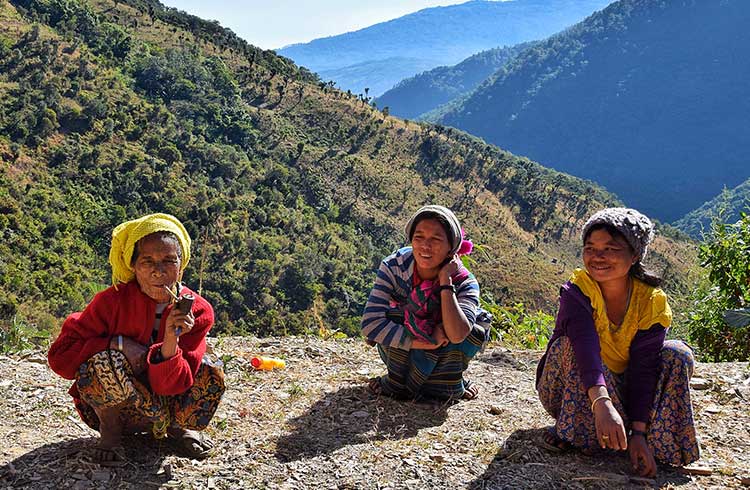 Photo © Will Hatton, brokebackpacker.com
Photo © Will Hatton, brokebackpacker.com
Visas for Myanmar
It’s far easier these days to obtain a visa for Myanmar, thanks to the new online e-visa system. It takes about 3-4 business days to process your visa, after the payment is made. You can enter either by land through the Tachileik, Myawaddy and Kawthaung checkpoint, or by plane through Mandalay or Nay Pyi Taw international airports.
Over 100 countries are eligible for an e-visa, to view a full list of e-visa countries click here. Some nationalities, such as Iranians, are required to obtain their visa for Myanmar directly from the embassy.
Both e-visa and consulate visas for Myanmar cost around US $50, and are valid for 28 days. Make sure you take passport-sized photos and US currency with you to the consulate. Find the closest Myanmar embassy to you here.
Unfortunately, you can’t normally extend your e-visa or Tourist visa in Myanmar. However, you can overstay your visa without any real problems. It’s just a US$3 a day fine, plus a small admin fee which is payable to the immigration department upon exit.
Although they’re pretty relaxed when it comes to overstaying your visa, I wouldn’t recommend overstaying by more than 14 days.
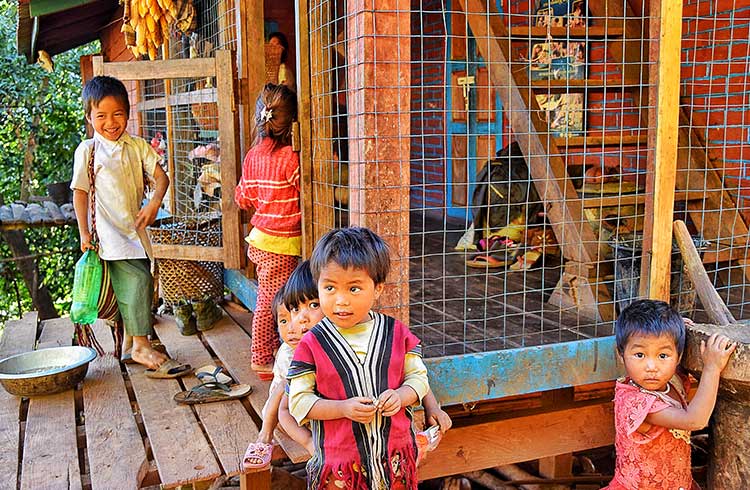
Vaccinations for Myanmar
There are no vaccinations that are legally-required in order to enter Myanmar, unless you’re coming from a country like Gambia, where Yellow Fever is rife.
Many Myanmar travel websites adopt the "It’s better to be safe than sorry" approach, recommending vaccines and disease preventions against Hepatitis A and B, Diphtheria, Polio, Tetanus, Japanese Encephalitis B, Rabies, Tuberculosis, Yellow Fever, Typhoid, and Malaria.
This list of vaccinations may sound daunting, so let me break it down for you. Most suggested vaccinations for Myanmar are recommended for other countries around the world too! Before entering Australia, it’s recommended to vaccinate against Tetanus and Diphtheria, and most Asian countries suggest immunisation from food and water borne diseases, like Hepatitis A and Typhoid.
You may have had some of these immunisations as a child and forgot about it, so check your medical history with your family doctor.
Although I’m recommending certain disease preventions and vaccinations for Myanmar, it’s always best to consult with your local health professional – I am not a doctor.
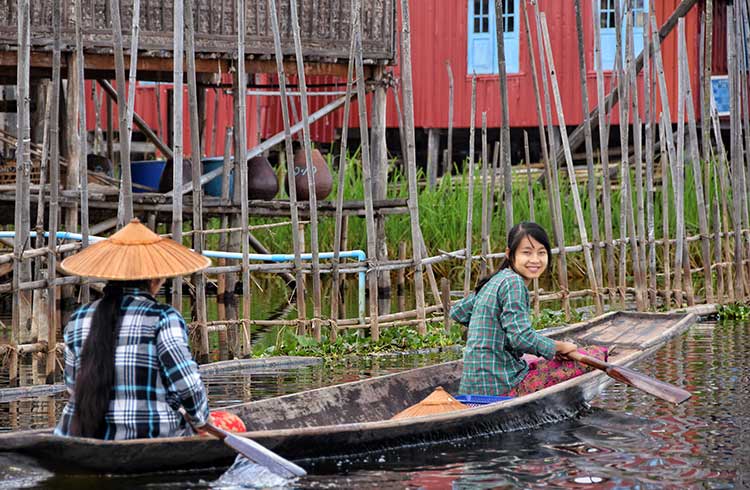
Malaria and Dengue Fever
There is a risk of contracting Malaria and Dengue fever, however – it’s generally in remote areas of Myanmar during wet season.
I always use DEET insect repellent and cover up to protect myself from mosquito-borne diseases. There are anti-malarials like Malarone to protect you from contracting malaria, however it can have side effects such as nausea, abdominal pain, vomiting and diarrhea so check with your travel doctor.
are all side effects, which are associated with Malaria tablets – personally, I don’t use anti-malarials unless I’m trekking in the jungle.
Typhoid
Food and water sanitation standards are quite relaxed in Myanmar, which is why the typhoid vaccine is recommended. Typhoid is passed on through poor hand and body hygiene, contaminating food and water. Those who’re hiking or visiting remote regions are recommended to have this particular vaccination.
Hepatitis A
This vaccination is recommended for all travelers over the age of one… So if you’re reading this, that’s you!
You can also contract Hepatitis A through contaminated food or water in Myanmar. This vaccine should be administered at least two-weeks prior to arrival.
Related articles
Simple and flexible travel insurance
You can buy at home or while traveling, and claim online from anywhere in the world. With 150+ adventure activities covered and 24/7 emergency assistance.
Get a quote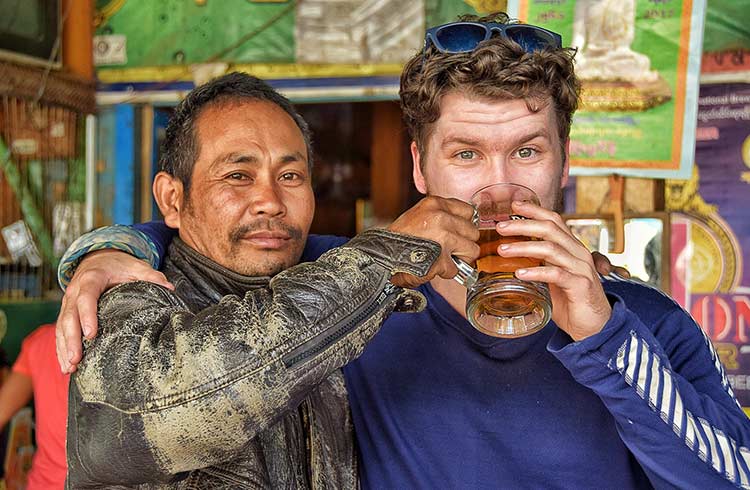
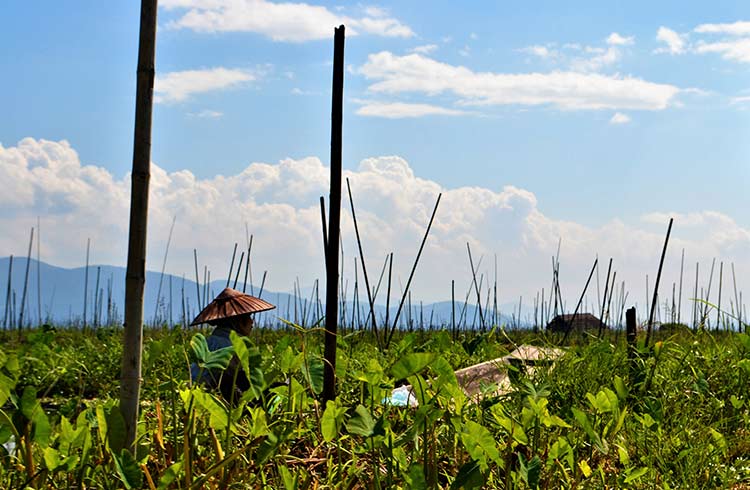

No Comments